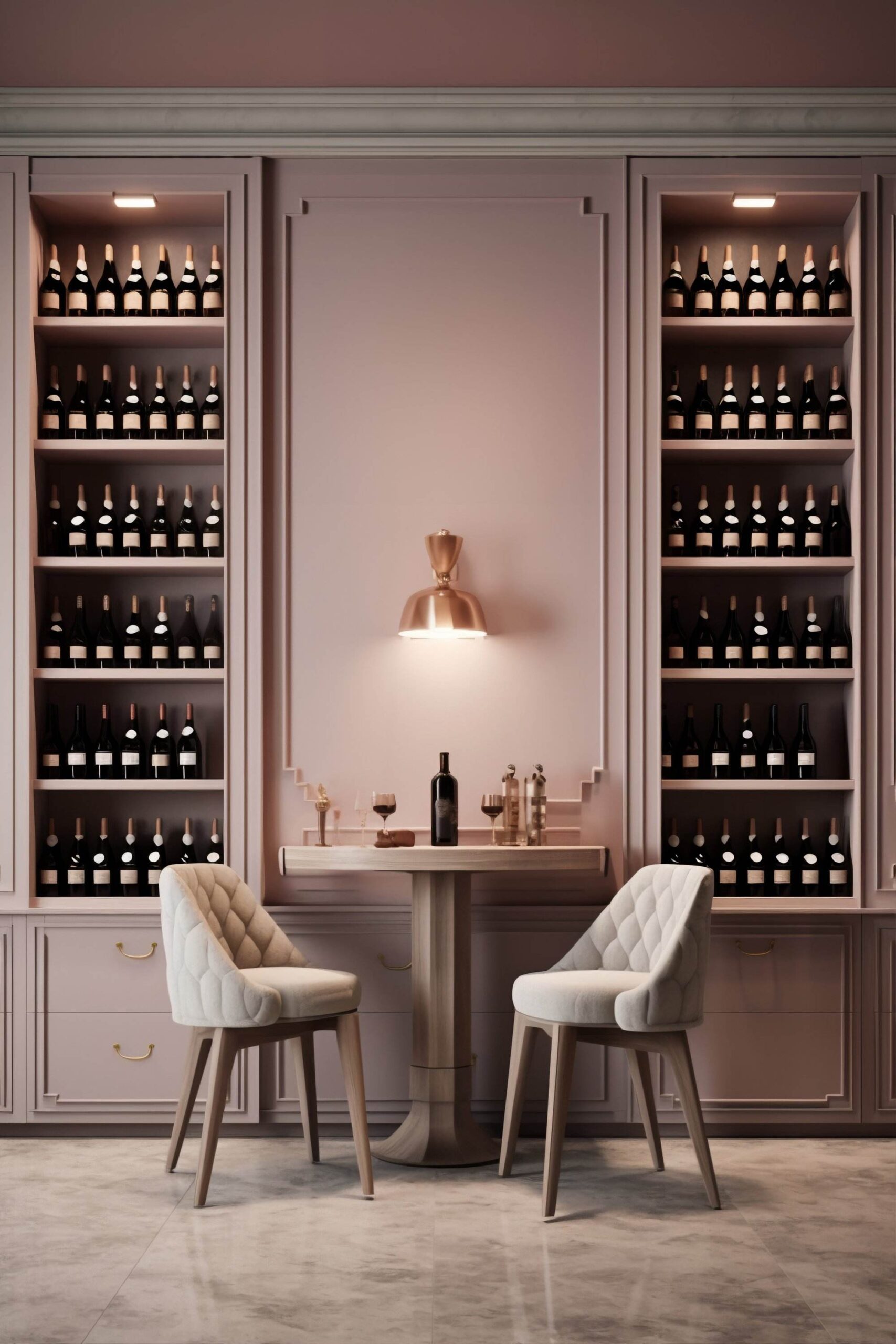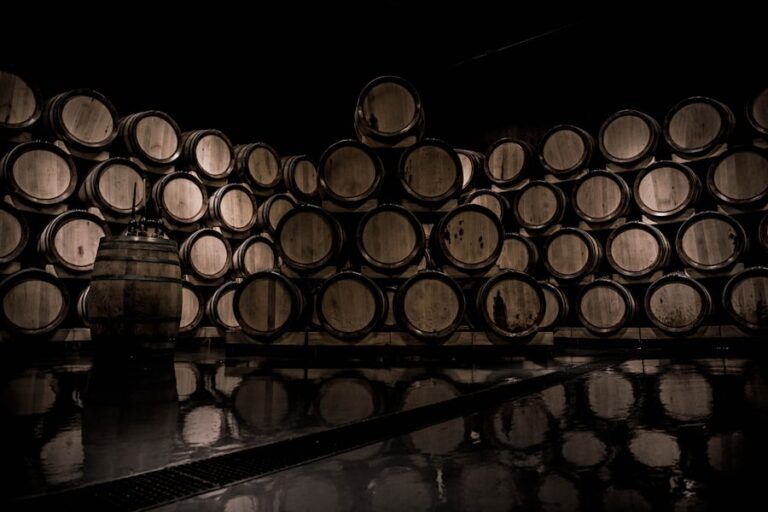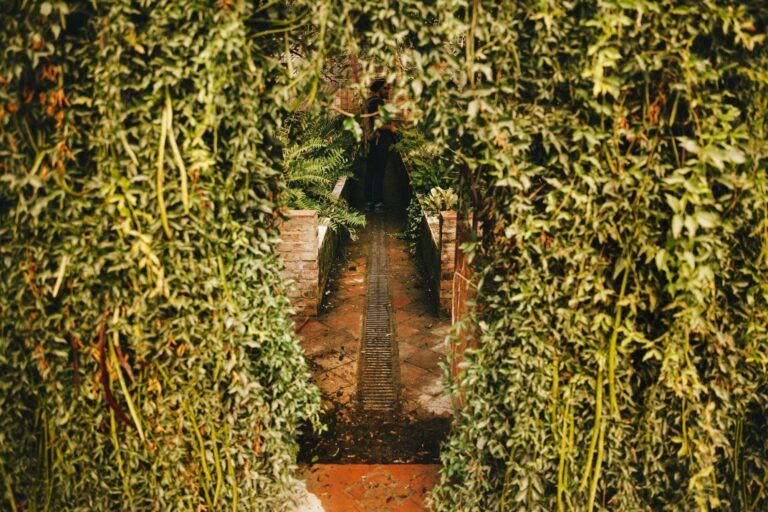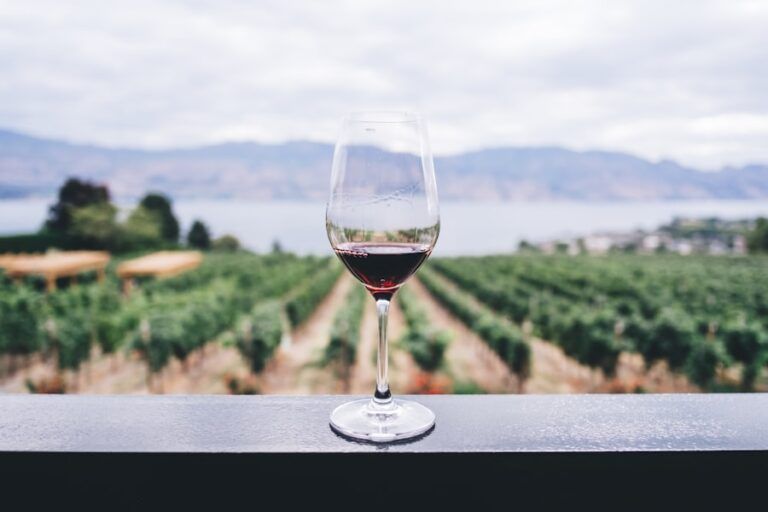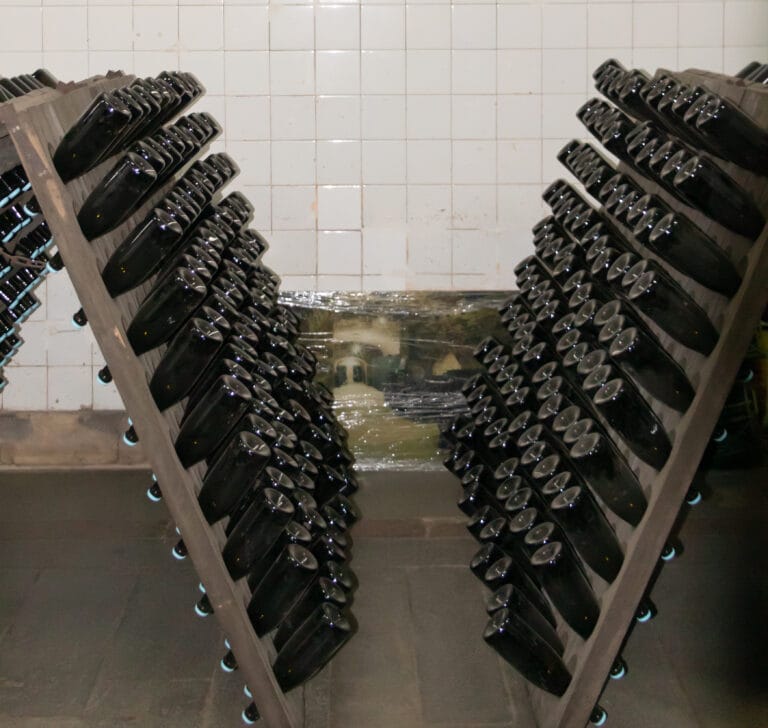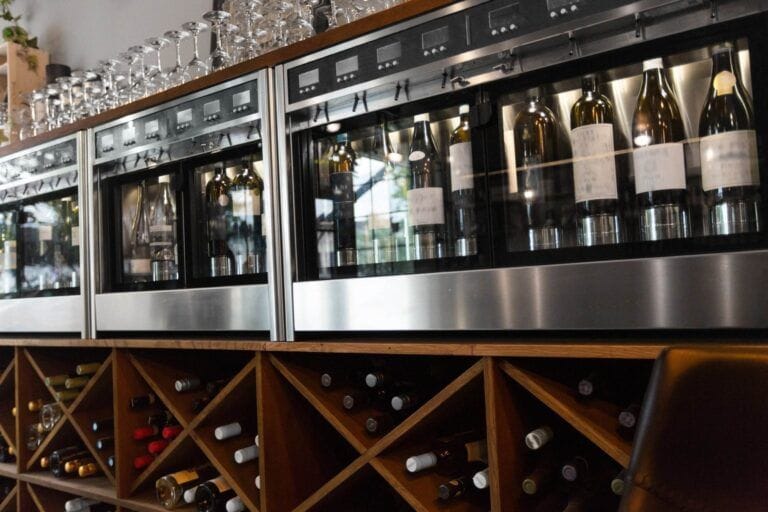Eco-Friendly Wine Cellar Upgrades for Green Living in Lafayette
In recent years, the conversation surrounding sustainability has permeated various aspects of our lives, including the world of wine. As wine enthusiasts become increasingly aware of their environmental impact, the demand for eco-friendly wine cellar upgrades has surged. These upgrades not only enhance the aesthetic and functional aspects of a wine cellar but also contribute to a more sustainable lifestyle.
By integrating energy-efficient technologies, sustainable materials, and eco-conscious practices, wine lovers can create a space that reflects their passion for wine while also honoring the planet. The journey toward an eco-friendly wine cellar begins with understanding the various components that contribute to its overall sustainability. From the cooling systems that preserve the quality of the wine to the materials used in construction, every choice matters.
Additionally, the selection of organic and biodynamic wines can further align a wine cellar with eco-friendly principles. As we delve into the specifics of these upgrades, it becomes clear that creating a green wine cellar is not just a trend; it is a commitment to responsible living and a celebration of the natural world.
Key Takeaways
- Eco-friendly wine cellar upgrades focus on sustainable and environmentally conscious practices in wine cellar construction and operation.
- Energy-efficient cooling systems help reduce energy consumption and minimize environmental impact in wine cellar operations.
- Sustainable materials such as reclaimed wood and recycled glass can be used in wine cellar construction to minimize environmental impact.
- Organic and biodynamic wine selections promote environmentally friendly and sustainable farming practices in wine production.
- Eco-friendly lighting and insulation help reduce energy consumption and create a more sustainable wine cellar environment.
Energy-Efficient Cooling Systems for Wine Cellars
One of the most critical elements of any wine cellar is its cooling system. Traditional cooling units can consume significant amounts of energy, leading to higher utility bills and a larger carbon footprint. However, advancements in technology have paved the way for energy-efficient cooling systems that maintain optimal temperatures for wine storage while minimizing energy consumption.
These systems utilize innovative designs and materials that enhance their efficiency, ensuring that wine is stored at the ideal temperature without excessive energy use. Investing in an energy-efficient cooling system not only benefits the environment but also enhances the longevity and quality of the wine. Many modern systems come equipped with smart technology that allows for precise temperature control and monitoring.
This means that wine collectors can rest assured that their prized bottles are being kept in optimal conditions without unnecessary energy expenditure. Furthermore, some systems are designed to operate quietly, ensuring that the tranquility of the wine cellar is preserved while maintaining an eco-friendly approach.
Sustainable Materials for Wine Cellar Construction
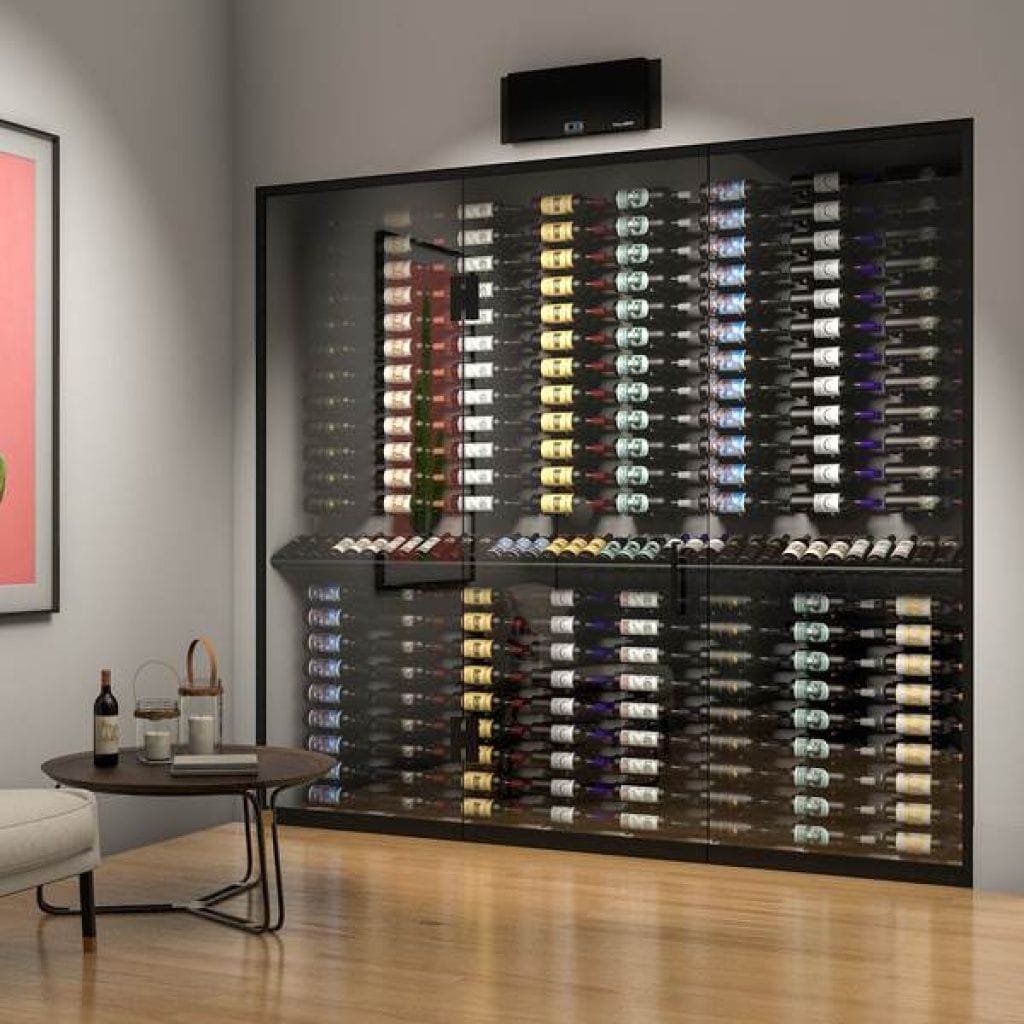
The construction of a wine cellar presents an excellent opportunity to incorporate sustainable materials that reduce environmental impact. Traditional building materials often come with a hefty carbon footprint, but there are numerous alternatives available that are both aesthetically pleasing and environmentally friendly. For instance, reclaimed wood can be used for shelving and racking, providing a rustic charm while reducing the demand for new timber.
This not only helps preserve forests but also adds character to the wine cellar. In addition to reclaimed wood, other sustainable materials such as bamboo and recycled metal can be utilized in the construction process. Bamboo is a rapidly renewable resource that offers durability and strength, making it an ideal choice for wine racks and structural elements.
Recycled metal can be fashioned into stylish accents or functional components, further enhancing the eco-friendly nature of the cellar. By choosing sustainable materials, wine enthusiasts can create a space that reflects their commitment to environmental stewardship while enjoying their favorite vintages.
Organic and Biodynamic Wine Selections
An eco-friendly wine cellar is not complete without a carefully curated selection of organic and biodynamic wines. These wines are produced using sustainable farming practices that prioritize environmental health and biodiversity. Organic wines are made from grapes grown without synthetic pesticides or fertilizers, while biodynamic wines take this a step further by incorporating holistic farming methods that consider the vineyard as an ecosystem.
By choosing these types of wines, collectors can support environmentally responsible practices and enjoy wines that are often more expressive of their terroir. Incorporating organic and biodynamic wines into a wine cellar also opens up opportunities for exploration and education. Many consumers are eager to learn about the differences between conventional and organic winemaking processes, leading to engaging conversations among friends and family during tastings.
Additionally, as more wineries adopt sustainable practices, the variety of available organic and biodynamic wines continues to grow, allowing collectors to discover new favorites while supporting eco-conscious producers.
Eco-Friendly Lighting and Insulation for Wine Cellars
Lighting plays a crucial role in creating the right ambiance in a wine cellar, but traditional lighting options can contribute to energy waste. By opting for energy-efficient LED lighting, wine enthusiasts can illuminate their cellars without significantly increasing their energy consumption. LED lights not only consume less power but also produce less heat, which is essential for maintaining stable temperatures in a wine cellar.
This dual benefit makes them an ideal choice for those looking to enhance their space sustainably. Insulation is another critical factor in maintaining an eco-friendly wine cellar. Proper insulation helps regulate temperature and humidity levels, reducing the need for excessive cooling or heating.
Using sustainable insulation materials such as cellulose or sheep’s wool can further enhance the environmental credentials of a wine cellar. These materials are not only effective at maintaining temperature but also have lower environmental impacts compared to traditional insulation options. By investing in eco-friendly lighting and insulation, wine collectors can create a comfortable environment for their wines while minimizing their ecological footprint.
Water Conservation in Wine Cellar Operations
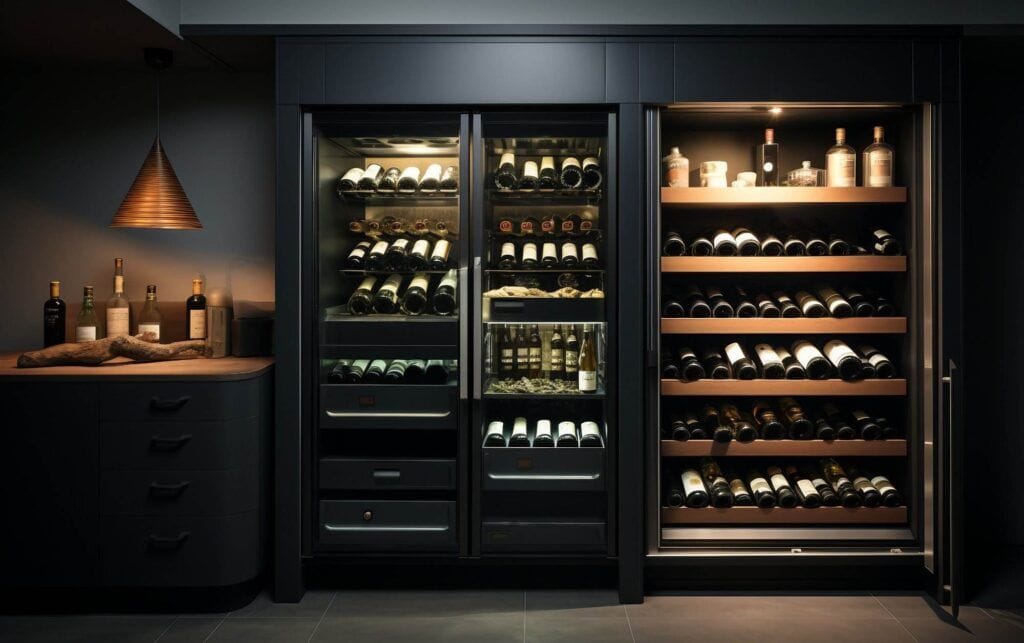
Water conservation is an often-overlooked aspect of creating an eco-friendly wine cellar. While it may not seem directly related to wine storage, water usage in various operations can significantly impact overall sustainability efforts. For instance, when cleaning wine glasses or maintaining the cellar itself, implementing water-saving practices can lead to substantial reductions in water consumption over time.
Simple measures such as using a basin to wash glasses instead of running water can make a difference. Moreover, some innovative technologies allow for rainwater harvesting or greywater recycling within residential settings, including wine cellars. These systems collect rainwater or reuse water from household activities for non-potable purposes such as irrigation or cleaning.
By integrating such systems into their operations, wine enthusiasts can further enhance their commitment to sustainability while ensuring that their cellars remain pristine and well-maintained.
Green Wine Cellar Maintenance and Cleaning Practices
Maintaining an eco-friendly wine cellar goes beyond initial construction and upgrades; it requires ongoing commitment to sustainable practices. Choosing environmentally friendly cleaning products is essential for preserving both the integrity of the wines and the health of the environment. Many conventional cleaning agents contain harsh chemicals that can be harmful to both humans and the ecosystem.
By opting for biodegradable or non-toxic cleaning solutions, collectors can ensure that their cellars remain clean without compromising their eco-friendly values. Additionally, regular maintenance practices can contribute to sustainability efforts. For example, ensuring that cooling systems are well-maintained can improve their efficiency and longevity, reducing energy consumption over time.
Regularly checking seals on doors and windows can prevent temperature fluctuations that may require additional energy use for cooling or heating. By adopting these green maintenance practices, wine enthusiasts can enjoy their collections with peace of mind knowing they are doing their part for the environment.
Benefits of Eco-Friendly Wine Cellar Upgrades for Green Living
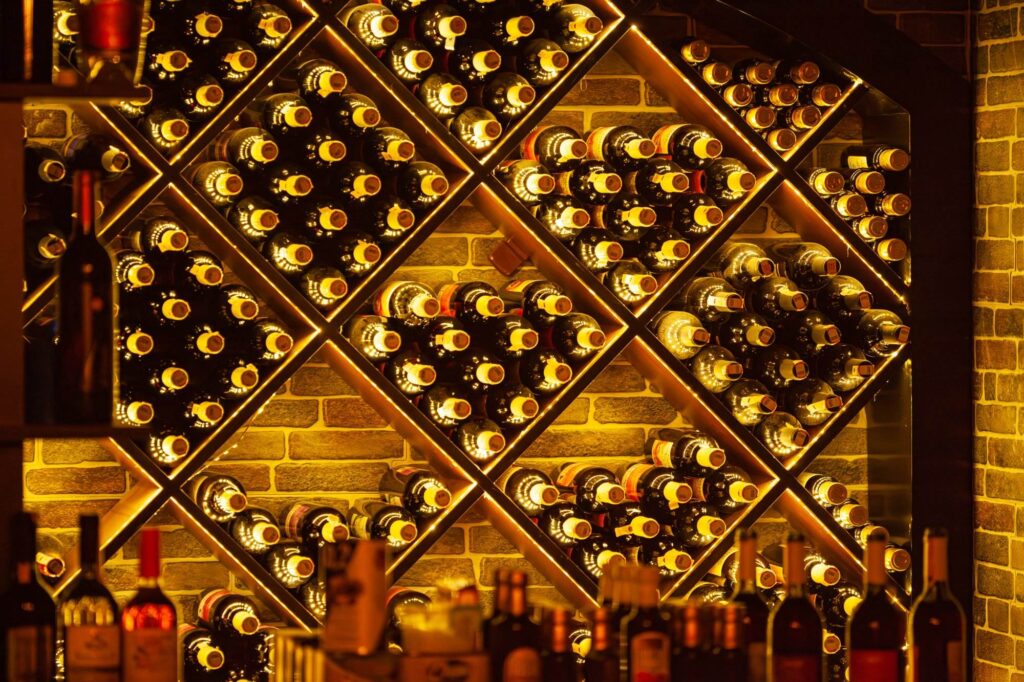
The benefits of upgrading to an eco-friendly wine cellar extend far beyond personal satisfaction; they contribute to a broader movement toward sustainable living. By making conscious choices about materials, technologies, and practices, wine enthusiasts can inspire others in their communities to consider their environmental impact as well. This ripple effect can lead to increased awareness about sustainability in various aspects of life, from food production to home design.
Moreover, eco-friendly upgrades often result in long-term cost savings through reduced energy consumption and lower utility bills. As more consumers prioritize sustainability in their purchasing decisions, properties with green features may also see increased value in the real estate market. Ultimately, creating an eco-friendly wine cellar is not just about enjoying fine wines; it is about embracing a lifestyle that values responsibility toward our planet while indulging in one of life’s greatest pleasures—wine.
FAQs
What are eco-friendly wine cellar upgrades?
Eco-friendly wine cellar upgrades are modifications and improvements made to a wine cellar that prioritize sustainability and environmental friendliness. These upgrades can include energy-efficient cooling systems, sustainable building materials, and water-saving features.
Why are eco-friendly wine cellar upgrades important for green living?
Eco-friendly wine cellar upgrades are important for green living because they help reduce the environmental impact of wine storage. By using sustainable materials and energy-efficient systems, these upgrades can lower energy consumption, minimize waste, and promote a more eco-friendly lifestyle.
What are some examples of eco-friendly wine cellar upgrades?
Examples of eco-friendly wine cellar upgrades include using recycled or reclaimed wood for cellar construction, installing LED lighting for energy efficiency, incorporating insulation made from natural materials, and utilizing a cooling system with a high energy efficiency rating.
How can eco-friendly wine cellar upgrades benefit the environment?
Eco-friendly wine cellar upgrades can benefit the environment by reducing energy consumption, minimizing waste, and promoting sustainable practices. By using eco-friendly materials and systems, these upgrades can help lower carbon emissions and contribute to a healthier planet.
Where can I find eco-friendly wine cellar upgrades in Lafayette?
In Lafayette, eco-friendly wine cellar upgrades can be found through local contractors, builders, and suppliers who specialize in sustainable building materials and energy-efficient systems. Additionally, eco-friendly wine cellar upgrades may be available through specialty retailers or online vendors.

